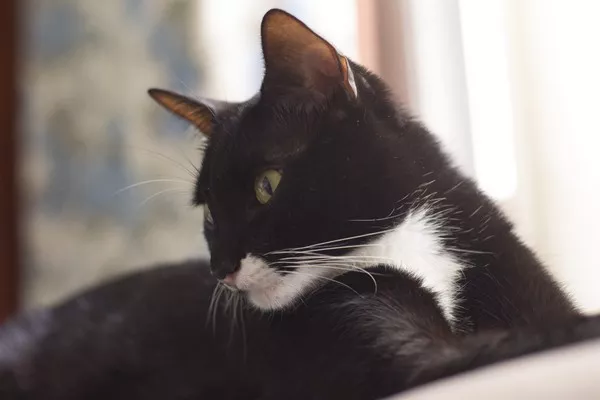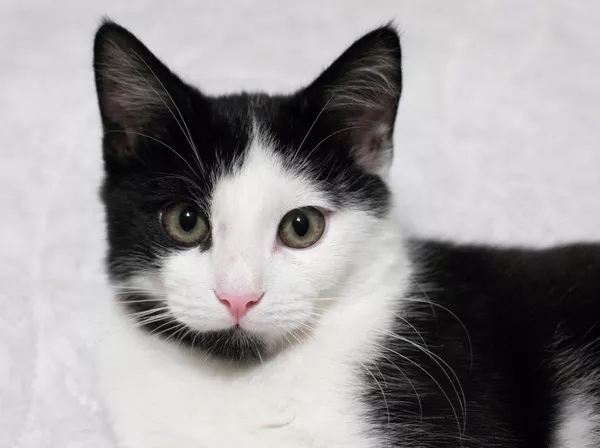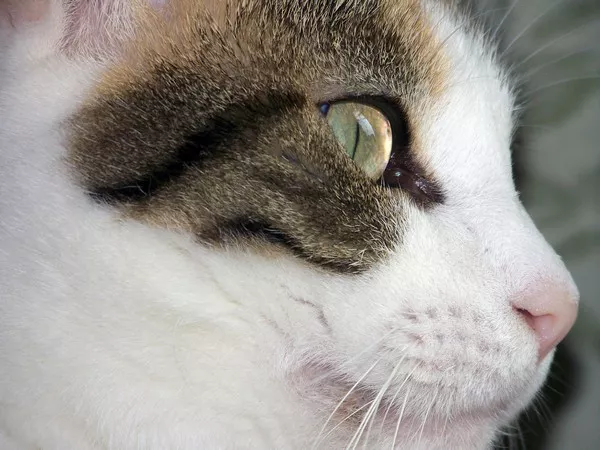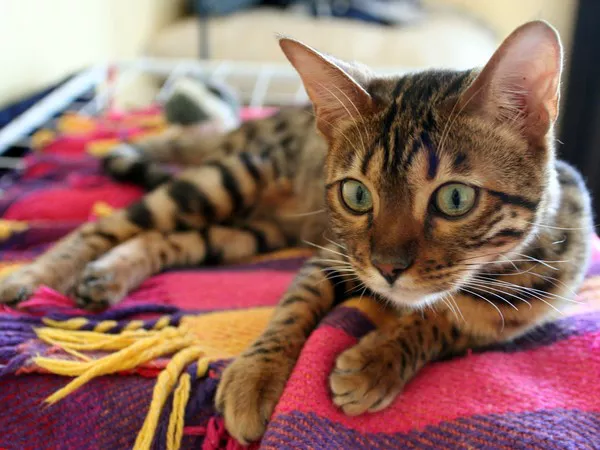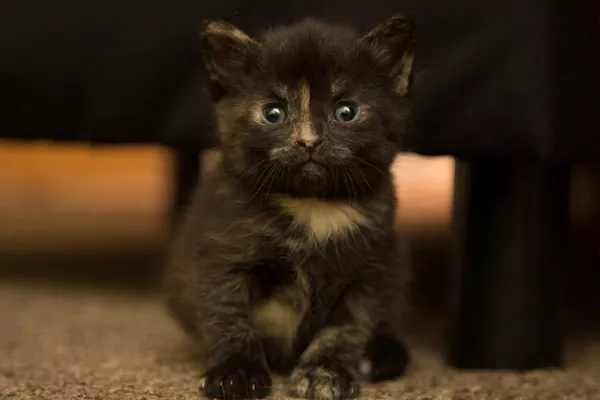One of the most important factors in promoting healthy bowel movements is providing your cat with a balanced and nutritious diet. In this article, I will discuss the importance of cat food for healthy bowel movements and provide tips on how to choose the best food for your furry friend.
Understanding Your Cat’s Digestive System
Before we dive into the specifics of cat food, it’s important to understand how your cat’s digestive system works. Cats have a relatively short digestive tract, which means that food moves quickly through their system. They also have a high protein requirement and are obligate carnivores, meaning that they require a diet that is primarily made up of animal protein.
When it comes to digestion, cats are also prone to hairballs. This is because they groom themselves frequently, and the hair they swallow can accumulate in their stomach and intestines. Hairballs can cause digestive issues and discomfort, so it’s important to choose a diet that helps to prevent them.
In addition to being obligate carnivores, cats are also lactose intolerant. This means that they are unable to digest lactose, a sugar found in milk and dairy products. Feeding your cat milk or dairy products can lead to digestive upset, including diarrhea and vomiting.
Cats also have a unique digestive system that allows them to extract nutrients from their prey efficiently. Their stomachs are highly acidic, which helps to break down the protein in their food and kill any harmful bacteria that may be present. Additionally, their small intestine is relatively short, which means that food moves quickly through their system.
However, this also means that cats may have difficulty digesting certain types of food, such as carbohydrates. Cats are not able to produce the enzymes needed to break down carbohydrates, so a diet that is high in carbohydrates can lead to digestive issues and obesity.
To support your cat’s digestive health, it’s important to choose a diet that is high in animal protein and low in carbohydrates. Look for a cat food that lists a high-quality source of animal protein, such as chicken, turkey, or fish, as the first ingredient. Additionally, choose a cat food that contains a blend of soluble and insoluble fiber, which can help to promote healthy bowel movements and prevent hairballs.
It’s also important to provide your cat with plenty of fresh water. Cats have a low thirst drive and may not drink enough water on their own, which can lead to dehydration and urinary tract issues. Consider providing a water fountain or multiple water bowls throughout your home to encourage your cat to drink more water.
Choosing the Right Cat Food
When it comes to choosing the right cat food for healthy bowel movements, there are a few key factors to consider. First and foremost, you want to choose a food that is high in animal protein and low in carbohydrates.This will help to ensure that your cat is getting the nutrients they need to maintain a healthy digestive system.
You also want to look for a food that is high in fiber. Fiber helps to promote healthy bowel movements by adding bulk to your cat’s stool and aiding in digestion.Look for a food that contains a blend of soluble and insoluble fiber, as both types are important for digestive health.
Another important consideration is the quality of the ingredients. Look for a food that uses high-quality protein sources, such as chicken or fish, and avoid foods that contain fillers or by-products. You also want to avoid foods that contain artificial colors, flavors, or preservatives, as these can be harmful to your cat’s digestive system.
Tips for Promoting Healthy Bowel Movements
In addition to choosing the right cat food, there are a few other things you can do to promote healthy bowel movements in your cat. First and foremost, make sure that your cat has access to plenty of fresh water. Dehydration can cause constipation and other digestive issues, so it’s important to keep your cat hydrated.
You can also encourage your cat to exercise and play, as this can help to stimulate their digestive system.
Providing your cat with a scratching post or other toys can also help to prevent hairballs and promote healthy digestion.
Finally, make sure to keep your cat’s litter box clean. A dirty litter box can cause your cat to avoid using it, which can lead to constipation and other digestive issues.
Make sure to scoop the litter box daily and clean it out completely at least once a week.
The Role of Probiotics in Promoting Digestive Health
Probiotics are live bacteria and yeasts that are beneficial to your cat’s digestive system. They help to maintain a healthy balance of bacteria in your cat’s gut, which is essential for proper digestion and nutrient absorption. Probiotics can also help to alleviate digestive issues such as diarrhea and constipation.
When choosing a cat food, look for one that contains probiotics or consider adding a probiotic supplement to your cat’s diet. However, it’s important to choose a probiotic that is specifically formulated for cats, as some human probiotics can be harmful to felines.
Probiotics work by colonizing your cat’s gut with beneficial bacteria, which can help to crowd out harmful bacteria and prevent them from causing digestive issues. They can also help to strengthen the gut lining, which can improve nutrient absorption and support overall digestive health.
When choosing a probiotic supplement for your cat, look for one that contains a variety of beneficial bacteria strains, such as Lactobacillus and Bifidobacterium. These strains are commonly found in the gut of healthy cats and can help to promote a healthy balance of bacteria.
It’s also important to choose a probiotic supplement that is specifically formulated for cats. Human probiotics may contain strains of bacteria that are not suitable for felines and can even be harmful to their health.
In addition to adding probiotics to your cat’s diet, there are other steps you can take to promote digestive health. For example, feeding your cat a high-quality, species-appropriate diet that is rich in animal protein and low in carbohydrates can help to support digestive health. Providing your cat with plenty of fresh water and encouraging exercise and play can also support digestive health.
If your cat is experiencing digestive issues, it’s important to consult with your veterinarian to determine the underlying cause. In some cases, dietary changes or probiotic supplements may be recommended. In other cases, medication or other interventions may be necessary.
Common Digestive Issues in Cats and How to Treat Them
Even with a healthy diet and lifestyle, cats can still experience digestive issues from time to time. Some common digestive issues in cats include vomiting, diarrhea, constipation, and hairballs.
If your cat is experiencing digestive issues, it’s important to consult with your veterinarian to determine the underlying cause. Treatment may involve dietary changes, medication, or other interventions.
For example, if your cat is experiencing constipation, your veterinarian may recommend adding more fiber to their diet or prescribing a laxative.
If your cat is experiencing hairballs, your veterinarian may recommend a specialized diet or a hairball remedy.
Conclusion
Providing your cat with a balanced and nutritious diet is crucial for promoting healthy bowel movements and overall digestive health. When choosing a cat food, look for a high-quality food that is high in animal protein, low in carbohydrates, and contains a blend of soluble and insoluble fiber. You can also promote healthy digestion by providing your cat with plenty of fresh water, encouraging exercise and play, and keeping their litter box clean. By taking these steps, you can help to ensure that your cat stays healthy and happy for years to come.
Related Topics





